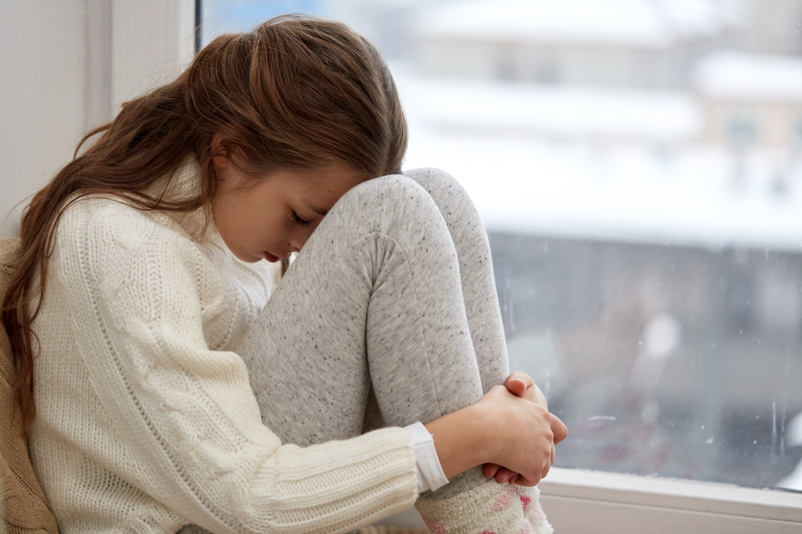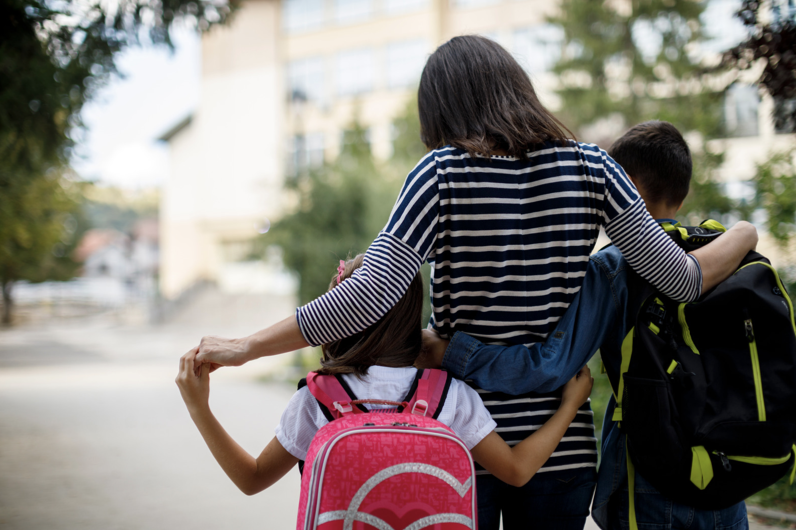Talking to Kids about Traumatic Events
As much as we try to shield our children from the harsh realities of the world, sometimes traumatic events happen that we cannot prevent or control. Whether it’s a natural disaster, a mass shooting, or a personal tragedy like a family member’s death, it’s important to talk to kids about what happened in a way that is honest and age-appropriate.
Here are some tips for talking to kids about traumatic events:
1. Start by asking what they already know. Kids may have heard about the event from friends or on the news, so it’s important to get a sense of what they already understand before diving into the details.
2. Use age-appropriate language. Younger children may not have the same vocabulary as older children, so it’s important to use language that they can understand. Avoid graphic details or frightening images that could be too much for them to handle.
3. Let them ask questions and guide the conversation. Children may have lots of questions about what happened, and it’s important to answer them honestly and to the best of your ability. If you don’t know the answer to a question, it’s okay to say so. Children ask questions based on what information they can handle, let this guide the conversation. This means the conversation may be 5 minutes or it may last 30 minutes.
4. Be honest. Children are perceptive and can often sense when something is being hidden from them. Be honest about what happened, but don’t overwhelm them with too much information. You want the child to trust you as their source of information.

5. Give them a sense of control. Traumatic events can make children feel powerless, so it’s important to give them a sense of control wherever possible. Let them know what steps you are taking to keep them safe, and give them opportunities to help out or contribute in some way.
6. Provide reassurance. Traumatic events can be scary, so it’s important to provide reassurance that they are not alone. Let them know that it’s normal to feel sad, scared, or angry, and that it’s okay to talk about those feelings. Practice different coping strategies that they can use when they are feeling upset.
7. Take care of yourself. Talking to kids about traumatic events can be difficult and emotional, so it’s important to take care of yourself as well. Make sure you have support from friends or family, and consider seeking professional help if you need it.
Talking to kids about traumatic events can be challenging, but it’s an important part of helping them process their feelings and cope with difficult situations. By approaching these conversations with empathy and understanding, you can help your child feel safe and supported during these challenging times.

We have a Social Emotional Learning Curriculum and courses available to help support educators and students. Email us at hello@creativelyfocused.net or send us a message here.
Written by Alyssa Prince, Systems Analyst & Licensed School Psychologist
